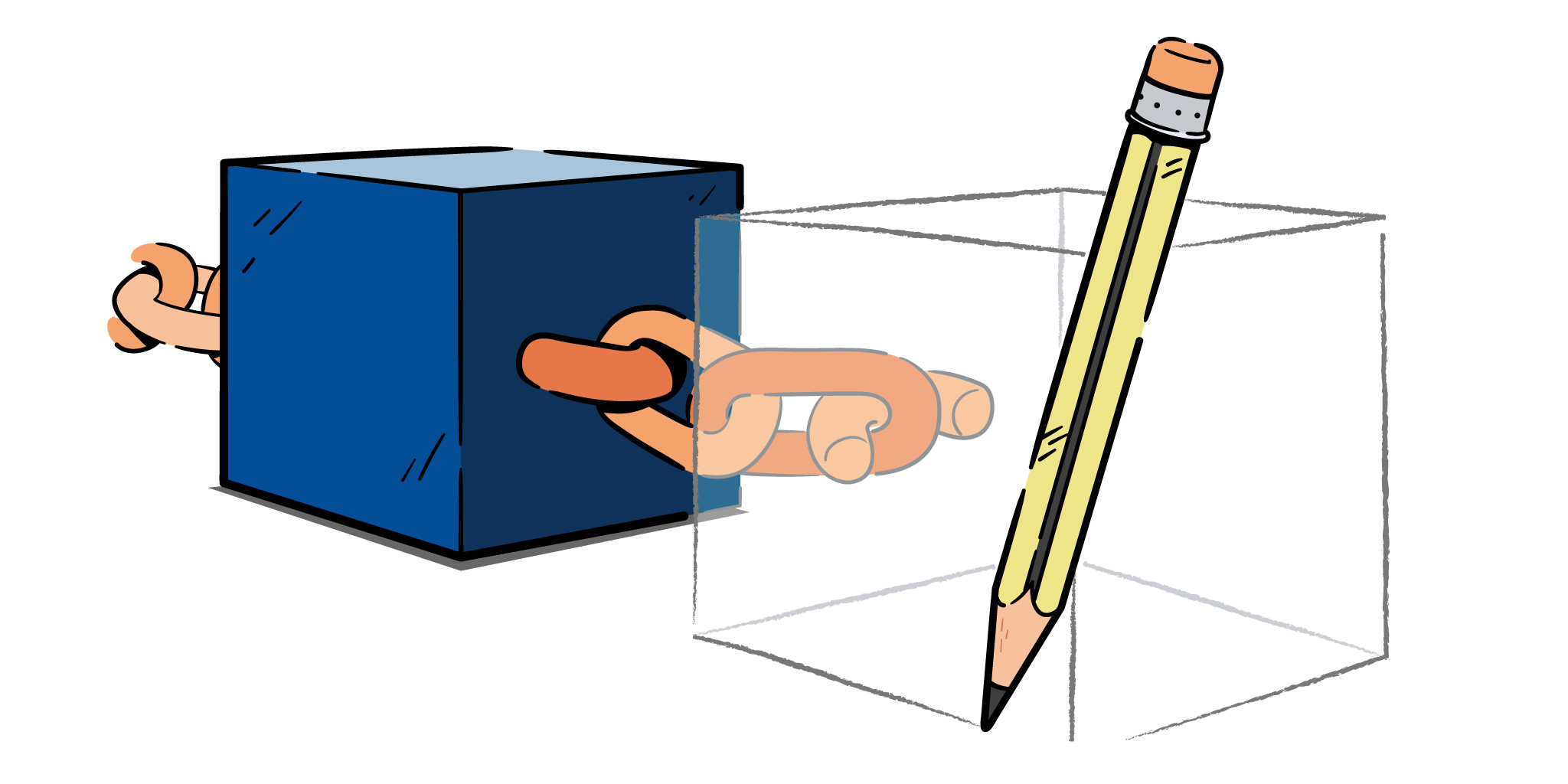
BAM is that well-kept secret that could be a game-changer for Solana and mark the true beginning of the DeFi revolution on the network.
At first glance, it may go unnoticed, but behind this protocol lies a profound transformation that is redefining how transactions are assembled and processed on the blockchain.
BAM, acronym for Block Assembly Marketplace, brings to the table a system that is not only fast but also prioritizes privacy and security without sacrificing transparency. Using trusted execution environments (TEEs), this decentralized network ensures that each block is assembled with an unprecedented level of protection and accuracy, while opening up a world of possibilities for customizing and creating new, robust, and innovative financial applications.
Furthermore, BAM doesn't work alone. By integrating with the Jito-Solana client, it significantly boosts the speed and efficiency of operations, providing developers and validators with an environment where they can innovate in a secure and programmable manner. This not only boosts Solana's technical quality but also positions it as a future-proof platform, ready to support mass adoption and the development of increasingly sophisticated decentralized financial solutions.
In essence, BAM is much more than a technical improvement: it is the silent engine that could Accelerate the true evolution of DeFi on Solana, revolutionizing the way we think about finance within a blockchain.
BUY SOLANA ON BIT2MEWhat is BAM and how does it redefine block construction in Solana?
Block Assembly Marketplace, or BAM, is Solana's game-changing innovation in how transactions are built and managed on its network.
Solana developers they presented BAM has recently been hailed as a transformative architecture that takes the network to a new level in terms of efficiency and functionality. The platform offers a building block assembly based on three fundamental pillars: verifiability, privacy, and programmabilityThis platform is designed to ensure that the order in which transactions are processed is fully verifiable and auditable, without sacrificing data confidentiality until the exact moment of execution, which is key to preventing manipulation or economic attacks known in the blockchain world.
On the other hand, the main utility of this protocol lies in its ability to allow developers to build advanced and specific solutions such as CLOBs (Central Limit Order Books), perpetual swaps, and other financial primitives that require precise control over the sequence of transactions, absolute determinism, and strong privacy guarantees. In this way, BAM becomes an indispensable tool for any project seeking to operate on Solana with complex structures sensitive to transaction order.
Unlike traditional architectures, BAM introduces an innovative layer of specialized nodes, called BAM Nodes, which operate in trusted execution environments (TEE). These environments act as secure enclaves where transactions remain encrypted and hidden until they are validated, ensuring that neither users nor validators can alter the order or access the information prematurely. This is critical to mitigating the problem of Maximal Extractable Value (MEV), an abusive practice that involves manipulating the order of transactions to obtain unfair profits and which has historically undermined fairness in crypto markets.
With this modular and secure structure, Solana not only strengthens trust and fairness in its network, but also attracts projects and investors interested in sophisticated financial solutions with a level of control and transparency that redefines current standards.
The technical structure that drives BAM
BAM nodes constitute the backbone of this platform, as they order and process transactions within specialized hardware that guarantees privacy and compliance with rules. Furthermore, BAM validators, which operate with the updated Jito-Solana client, receive these processed transactions to execute them faithfully and certify that the order has respected the defined sequencing.
In turn, BAM introduces plugins, programmable tools that give developers and operators the ability to design custom rules for transaction ordering and management, expanding the possibilities available on Solana. Thanks to these plugins, applications can inject specific business logic that would be difficult or impossible to implement in other blockchain environments, giving Solana a significant competitive advantage in terms of financial and operational innovation.

Blockchain Course
Basic levelTake this course where we explain blockchain in a clear, simple and concise way so that you have a very clear idea of what this new technology consists of.
A leap towards a more open and self-sufficient network
The arrival of BAM has generated a fundamental shift, both technical and cultural, within the Solana ecosystem. Transactions now have a cryptographically verifiable public audit trail, providing much greater transparency and trust to users and validators. This addresses a growing need among investors and institutions seeking on-chain transactions with clear, auditable guarantees, eliminating doubts or suspicions about possible manipulation or hidden agreements.
Furthermore, BAM incentivizes the creation of new revenue streams. Developers who design plugins can monetize their innovations through commissions, which are shared among node operators, validators, and other participants. This creates a self-sustaining ecosystem where value is distributed and amplified at every stage of the process.
This model also fosters decentralization, as its design allows for more independent operators to join the network, increasing its resilience and geographic diversity—key elements for the security and scalability of any blockchain. Solana revealed that Jito Labs will no longer operate all aspects of BAM governance, and that in the future, all of these will be managed by a fully decentralized governance system.
Operate with Solana hereA technological revolution at the heart of the DeFi world
Among the most notable practical applications of the new protocol are: real-time oracle updates, through which providers like Pyth can update prices on the blockchain at the precise moment an application or user requires it, optimizing the efficiency of the entire DeFi ecosystem and reducing the risks of outdated or manipulated data.
Another example is the Advanced order management in decentralized markets where BAM facilitates the instant prioritization and cancellation of orders. This is vital for market makers who need to constantly adjust their positions to maintain competitive spreads and optimal liquidity.
These features, and many more that BAM's programmable plugins will enable, position Solana to lead the next generation of decentralized finance, demonstrating that technological innovation goes hand in hand with a more fair, efficient, and sustainable ecosystem.
Transparency, efficiency, and new opportunities at Solana
With an ambitious expansion plan, BAM has the active support of Jito Labs, the Solana Foundation, and the network's validator community. Furthermore, it is moving toward a gradual transition to a DAO-governed model, which will ensure transparency, decentralization, and equitable participation for the entire community.
As the BAM node network expands and the number of developers empowered to create plugins grows, the platform is consolidating as a permissionless space where anyone can contribute and benefit.
In conclusion, BAM represents a qualitative leap in the blockchain world, offering a decentralized and programmable protocol for block assembly capable of improving speed and efficiency, and elevating privacy and trust to the highest possible level. By introducing tools to customize sequencing and certify each transaction, BAM becomes a catalyst for financial innovation, generating new opportunities for both developers and users.
BUY SUN EASILY AND SAFELY

